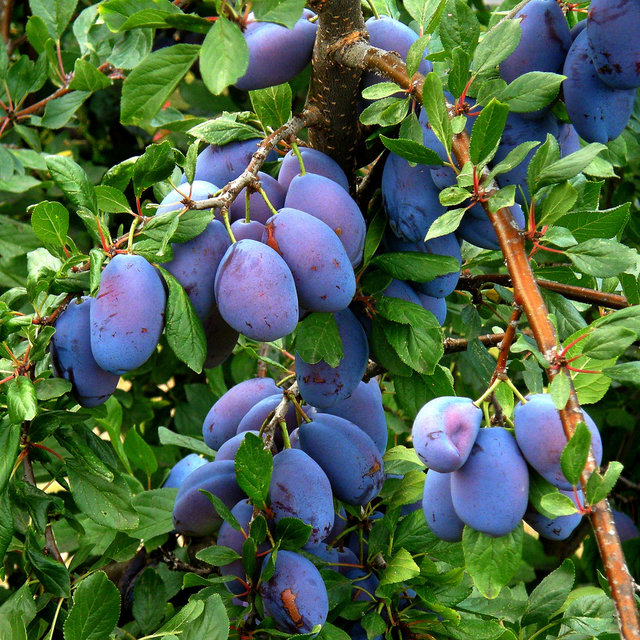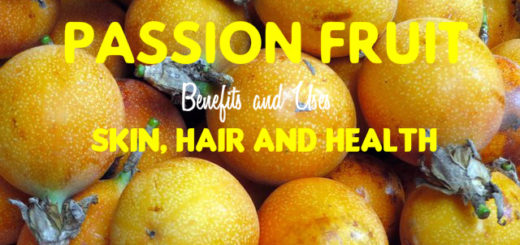Prunes Benefits, Uses and Side Effects You Must Know
The first thing that comes to your mind when you think about prunes is constipation. Prune juice is often given to infants and children when they suffer from constipation. It is also used by adults.
Prunes belong to the plum family and they are mostly sold in the form of dried fruits. Other than using as a laxative, prunes are also used when you prepare several sweet and savoury dishes like compote tzimmes, stewed prune, North African tagines, puddings, soups, cakes and sugar plums and stuffing.
Although it is used as a popular digestive remedy, it also has many health benefits. So, let us look at the health benefits of prunes before looking at its side effects.
Health Benefits or Uses of Prunes:
- Prunes have the ability to protect you from cardiovascular diseases and other chronic diseases because they are rich in phytonutrients.
- They help in preventing type 2 diabetes and obesity. This is because prunes contain high amounts of soluble fibre in them, which can help in keeping the blood sugar within normal levels. It allows food to stay for a longer time in the stomach and therefore delays the absorption of sugar into the blood stream. Soluble fibre can also increase the insulin sensitivity of the body.
- The soluble fibre in prunes also helps in lowering the cholesterol levels in the body.
- According to a study made in 2011, prunes are very effective for preventing and reversing bone loss. This is because they are rich in phenoic and flavonoid compounds.
- Prunes contain vitamin K and beta carotene in good amounts. A study in 2013 shows that people who consume prunes remain happier. Beta carotene is also good for fighting against the free radicals in the body and to reverse the signs of aging. Vitamin K along with beta carotene can fight signs of aging and reduce bone loss. It also improves blood circulation.
Side Effects of Prunes:
Prunes help in the smooth movement of bowels and offer some health benefits as well. But it also has some side effects that you should know before you include it in your diet. They are as follows:
Acrylamide:
Prunes contain high amounts of acryamide in them. This is regarded as a carcinogen and neurotoxin. Acryamide is not found naturally in normal food. But when it is cooked at temperatures above 100 degree Celsius, it is formed in the food. The equipments that are used for drying prunes do not usually reach temperatures above 100 degree
Celsius. But they are still seen to contain high amounts of acrylamide in them.
According to Food and Agriculture Organization, the amount of acryamide that can cause neuropathic harm is about 500 times the daily dietary intake. So, it is quite safe to eat prunes. However, there is still high concentration of this carcinogen and it is found to be highly carcinogenic to animals tested on the labs.
Blood sugar:
Since prunes are rich sources of natural sugar, consuming them in excess can lead to a spike in the blood sugar levels. However, it contains less sugar compared to other sweet fruits like bananas, apples, watermelons and so on. So, you can have it in moderate amounts.
Prunes also contain lots of soluble fibre it them. This means that it does not have a very high impact on blood sugar levels. It has low glycemic index and can be eaten with foods that have high glycemic index. This way you can prevent any dramatic changes in the blood sugar levels.
Diarrhoea:
Many individuals are intolerant to dietary fructose. This condition can cause painful abdominal cramps and diarrhoea. Prunes contain high amounts of sugar. So, it can cause this problem in people having dietary fructose intolerance. Even those who do not have dietary fructose intolerance may suffer from diarrhoea after they consume prunes. Prunes are natural laxatives. They contain a laxative compound called sorbitol. So, by eating prunes in excess, you may suffer from diarrhoea.
High calorie:
According to the nutritional chart of prunes, it is high in calorie. 100 gm of prunes contain 240 kcal of energy. This is very high for a fruit. We eat foods rich in calorie but we expect it to be low in fruits. So, it is a hard task to shed al the excess calories in a day’s workout. The excess calorie that you gained as a result of eating prunes gets converted into fat. If you are on a weight loss programme, make sure that you consume small portions of prunes. This will help in keeping your calorie intake within the limits.
Intestinal gas and bloating:
Prunes are fruits that contain complex carbohydrates and sugars. These do not break down completely in the digestive canal. So, when the undigested sugars reach the colon, the bacteria present there start feeding on these undigested carbohydrates. This leads to the formation of intestinal gas and bloating. An effective way to reduce intestinal gas is to take alpha D galactosidase before you eat prunes. This will break down the complex carbohydrates before they reach the gut.
Laxative dependency:
Prunes are mostly used as instant laxatives. But if you suffer from frequent constipation, you should not rely on prunes alone to clear the digestive system. This can cause laxative dependency. After a certain period of time, you may also start experiencing withdrawal symptoms. One can experience:
- Constipation
- Fluid retention
- Weight gain
Prunes have their own side effects, but you can still have them in moderate amounts. Consuming one or two prunes per day will not cause you any harm and you will remain energetic throughout the day as a result of it.






What can I do instead of prune juice?